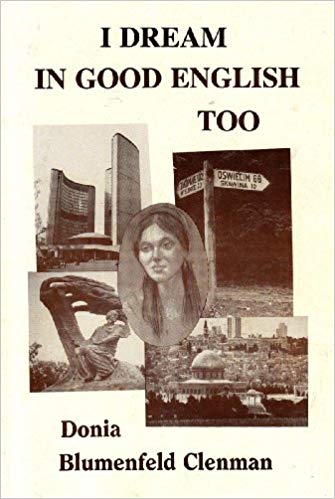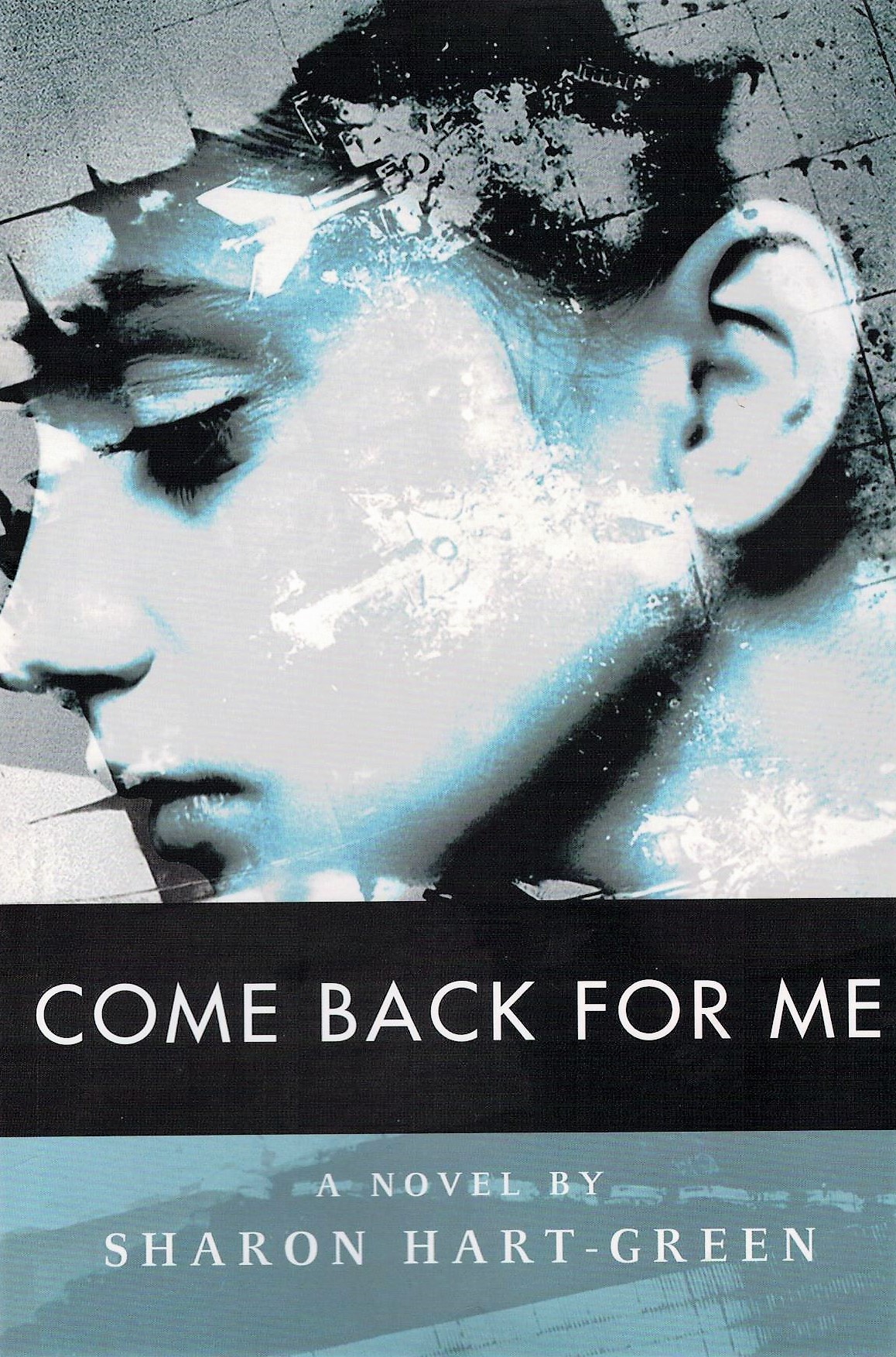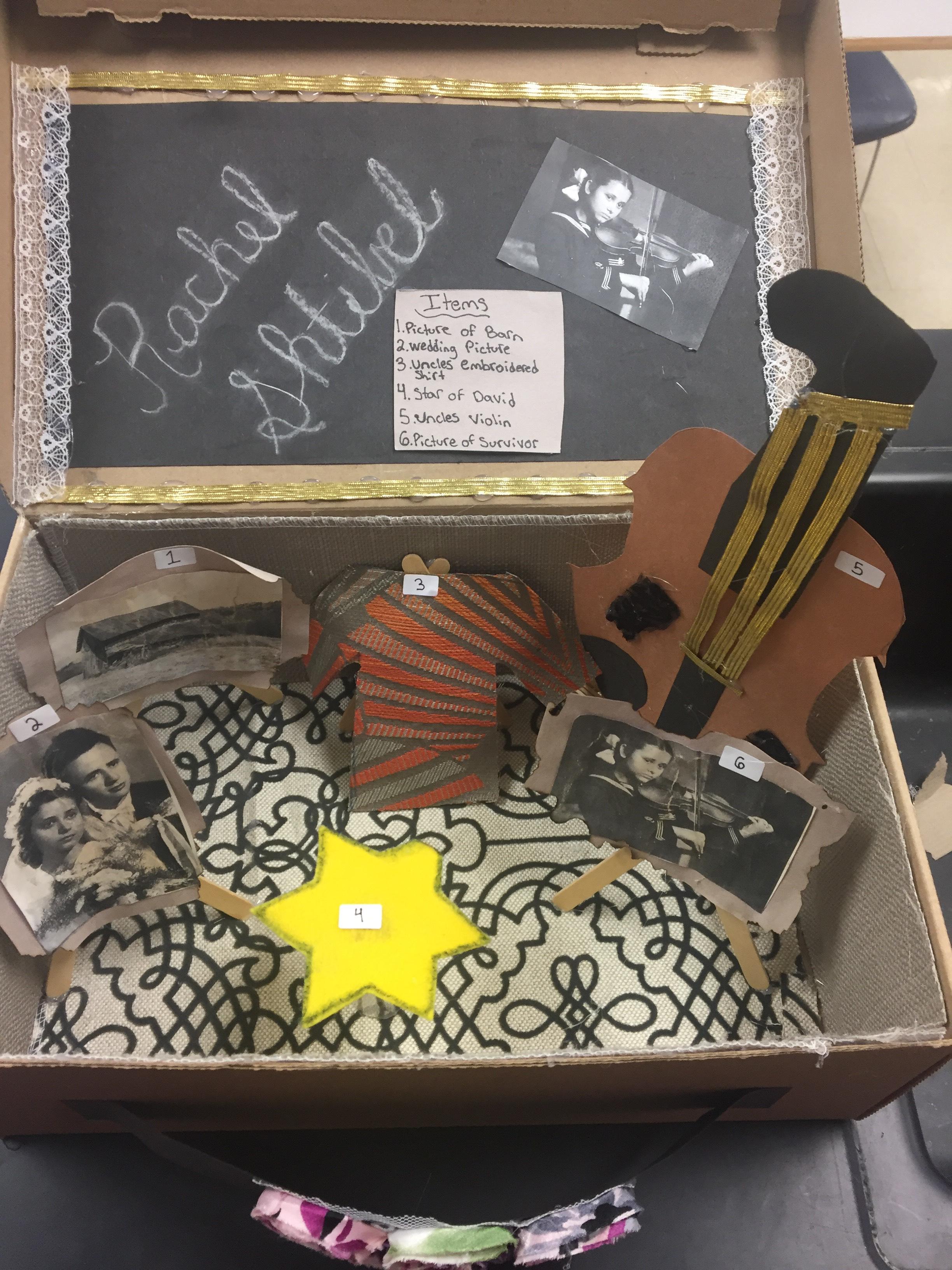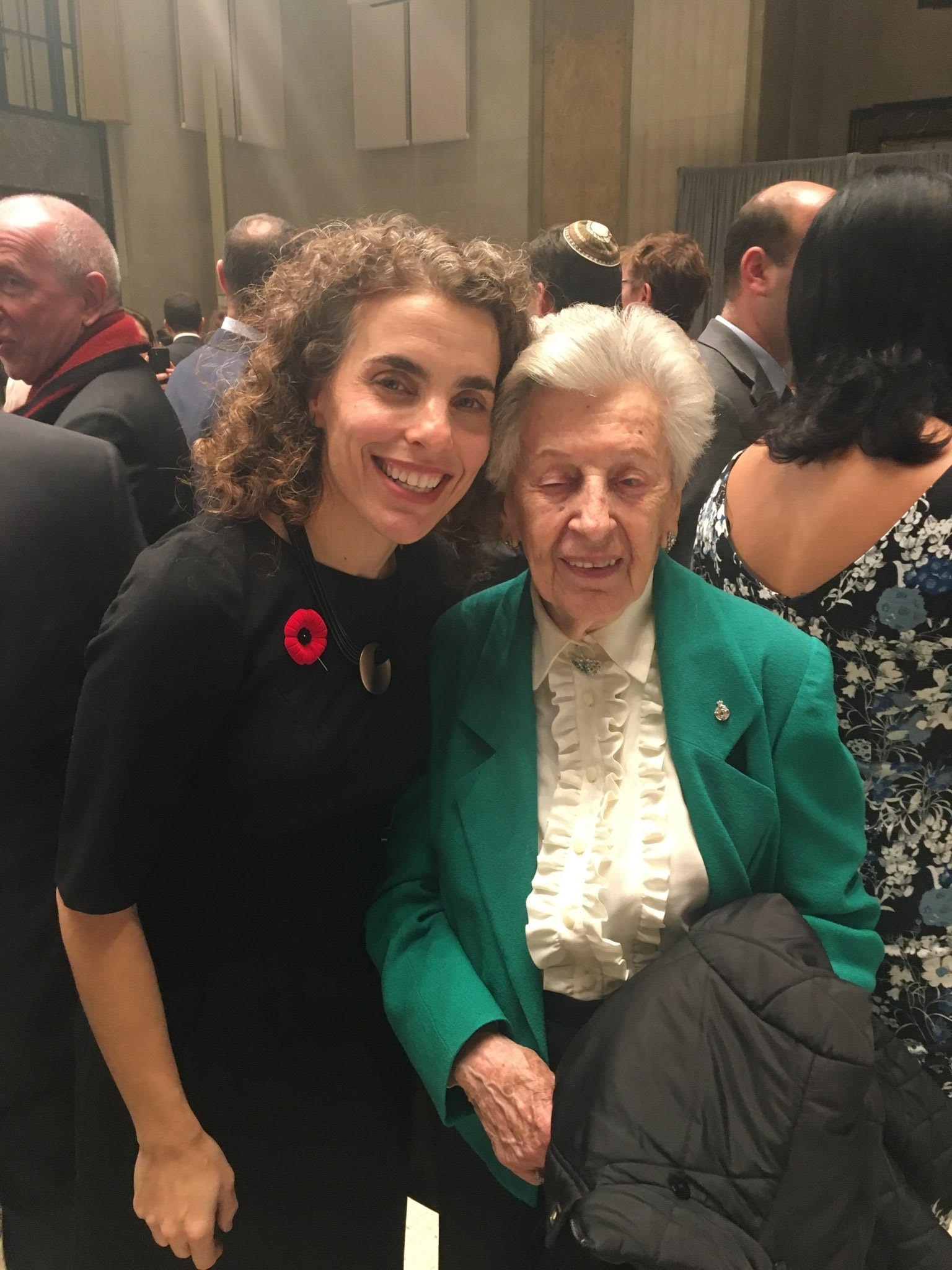In a Facing History and Ourselves classroom, teachers are often developing creative ways to engage students in learning history. In this blog post, Elise Bigley tells us how she created a digital game- and invites students to create their own digital game- to deepen student learning from primary testimonies and source documents. She introduces us to the Vancouver Holocaust Education Centre's incredible archive of the experiences of Jewish refugees who were deported from Great Britain as enemy aliens during WW2 and interned in prison camps in Canada. These stories allow us to uncover a lesser-known moment in Canadian history and raise important questions about stereotypes, racism and the choices we make towards those who arrive at our borders.
Exploring the Holocaust and Jewish Refugees’ Journey to Canada through Interactive Digital Learning and Creating
Posted by Elise Bigley on October 16, 2019
Topics: Refugees, Holocaust History in Canada, Digital Learning
Creating Meaningful Responses to Memoir and Engaging in Reciprocity
Posted by Alysha Groff on June 21, 2019
This spring, Facing History and Ourselves, in partnership with the Azrieli Foundation Holocaust Survivors Memoir Program, invited 175 students from 6 schools to layer onto their learning about the history and legacies of the Holocaust, or of Canada's Residential Schools by reading Survivor memoir. Students read Theodore Fontaine’s Memoir Broken Circle: The Dark Legacy of Indian Residential Schools, or excerpts of Nate Leipciger’s Memoir The Weight of Freedom, then created pieces that reflected their understanding and responses to these testimonies, which were gifted to each Survivor.
Topics: Toronto, Holocaust, Memoir, Facing History and Ourselves, Survivor Testimony, Canada, Residential Schools, Canadian History, Student Work, project, genocide, Holocaust and Human Behaviour, reflection, Connected Learning, Grade 10 History, HSB, CHC, difficult conversations, trc, stolen lives, facing history pedagogy, Azrieli Foundation Memoirs, Decolonizing Schools, Holocaust History in Canada, Facing Canada, cross curricular teaching and learning, collaborative inquiry
Finding the Words to Speak After Trauma: Remembering Donia Blumenfeld Clenman
Posted by Jasmine Wong on May 27, 2019
In the Aftermath Project, director Sarah Terry reminds us that war is only half the story: "To be fully informed, we have to know the stories of post-conflict." It is in these stories, "where we are constantly redefining what it means to be human, what it means to live again, to rebuild civil society, to recover from trauma. If we don't know these stories, then we don't really understand the world we live in, and we will repeat history again and again and again." Through her poetry, Holocaust survivor Donia Blumenfeld Clenman conveyed some of these essential stories of the aftermath of genocide. With clarity, humanity and gentleness, her words connect us to her struggles, and teach us what it means to face - and recover - from trauma. In the month of her passing, we remember her legacy and honour her words.
Topics: Poetry, Survivor Testimony, Judgement and Legacy, difficult conversations, Holocaust History in Canada
Readers often ask what compelled me to write a novel about the Holocaust. After all, I am not the child of survivors. In fact, most of my family came to North America well before the outbreak of WWII.
Topics: Holocaust Education, Literature, Holocaust History in Canada
As the blog manager for Facing Canada, I have the privilege of working with many very talented, dedicated and creative teachers. There are so many teachers who come up with fantastic and meaningful projects and assessments for students that deepen learning and pique student interest. I have often been inspired by projects posted, and recently had a chance to adapt one for my own classroom that had been on my mind for awhile.
Topics: Identity, Holocaust Education, Salvaged Pages, facing history pedagogy, Azrieli Foundation Memoirs, Holocaust History in Canada, Facing Canada
My Reflections on Canada’s Apology for the MS St. Louis
Posted by Leora Schaefer on November 15, 2018
As part of a Facing History and Ourselves course, educators and students reflect on the power of apology. These apologies are often examined within the context of transitional justice. In Canada our students explore the apology given by the Canadian Government for their role in the establishment of Indian Residential Schools. In advance of a close reading of this apology, students and their teachers consider moments in which they have either given or received a meaningful apology.
Topics: Holocaust, Survivor Testimony, Holocaust Education, Holocaust and Human Behaviour, apologies, Holocaust History in Canada


.jpeg)



